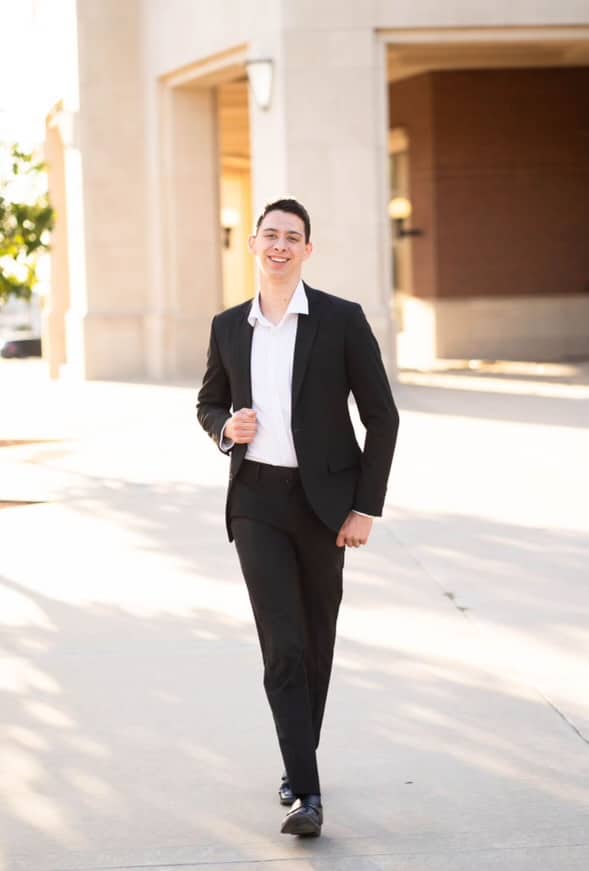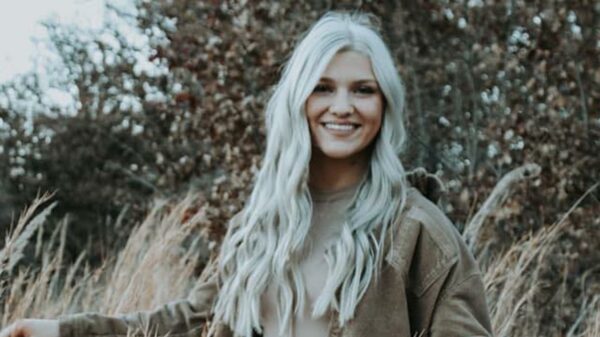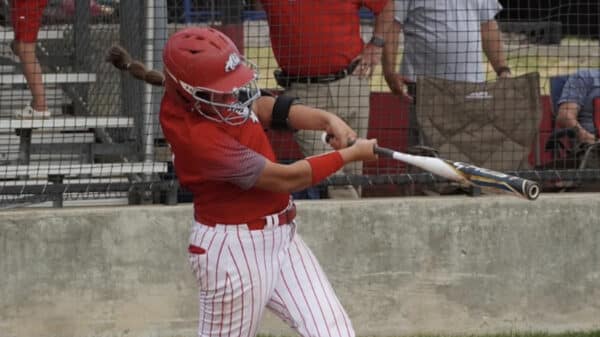VYPE: How did you become interested in joining the academic team, and what motivated you to participate?
Tyler Cantrell: I’ve been on the academic team since fourth grade, and at that time, we didn’t really have any extracurriculars, so it just seemed like a fun thing to do. I stayed with it through high school because it was really great to be surrounded by people that were so intelligent.
VYPE: Can you tell us about a memorable experience or achievement you’ve had while being part of the academic team?
TC: I remember one year in the fifth or sixth grade, we were in a round and losing pretty badly. Then, we got a random hockey question. Now, nobody knows hockey, so nobody was buzzing, and the clock was running down fast. I knew that there had to be some hockey teams named after arctic animals. The first thing that came to mind was… Penguins! And somehow, that was the correct team. We still lost the round as we were down by A LOT, but I got a new favorite hockey team.
VYPE: What subjects or topics do you enjoy the most in academic competitions, and why?
TC: I mainly like the non-academic subjects. It’s a really great feeling when a music theory question or a current technology question is asked, and I know I can help the team. That’s the best part of being on a team like this, if you don’t know something, there’s a good chance the person sitting next to you does and vice versa.
VYPE: How do you prepare for academic competitions? Are there any specific study strategies or routines you follow?
TC: I never really studied independently for academic team. Aside from keeping up with current events, I mostly just trusted myself to know the things that were in my “niche” on the team. We also practiced together as a team, just reading questions from past years, which helped more than studying any specific subject. Certain things from past years tend to pop up in current competitions.
VYPE: In what ways has being a part of the academic team contributed to your personal and academic growth?
TC: Academic team has not only helped me gain an insane amount of random knowledge, but it’s also helped me with my confidence. Academic team is a great way to learn that it’s okay to be wrong sometimes — to take wild guesses. Sometimes, they’re even right and you never would’ve known that if you hadn’t tried. My fourth-grade academic team coach, Mrs. Brown, always told us to “never let a question go unanswered” and those are good words to live by in academic team and in life.
VYPE: How do you balance your academic team commitments with your other school activities and responsibilities?
TC: Academic team isn’t an incredibly time-consuming commitment. For me, it’s always been practicing once a week and competitions maybe three to four Saturdays throughout the school year. Sometimes there are conflicts, but generally, there are ways to work around it.
VYPE: What advice would you give to students who are considering joining the academic team or getting involved in similar extracurricular activities?
TC: I think it’s a really fun activity to be a part of if you have a good group of people with you. Even if you don’t think you’re smart enough for it, there’s probably something you can bring to the team.
VYPE: Are there any specific skills or knowledge areas that you believe are crucial for success in academic competitions?
TC: I don’t think there’s any specific thing you have to know to excel in academic team. Like I mentioned earlier, it’s all about finding your niche. So, in theory, if you knew a whole lot about current events, but couldn’t do long division, you’d still be a good fit on the team. The main skill you need to have is confidence. It doesn’t matter if you know something if you don’t buzz in and answer the question.
VYPE: What are your plans after high school?
TC: I’m going to Oklahoma State University to study music industry, which is essentially music business but with a little more of an actual music base than most other music business programs. It also has a 4+1 program to start work on an MBA (master’s in business administration) senior year in order to get a graduate degree in five years.















